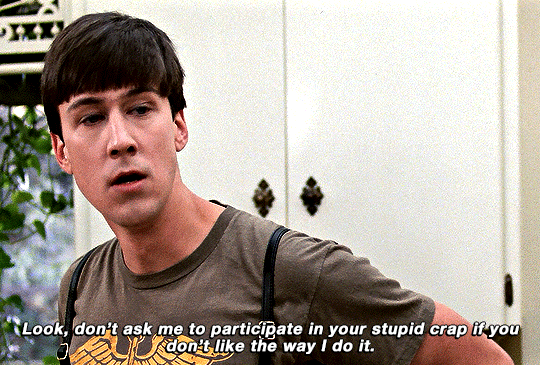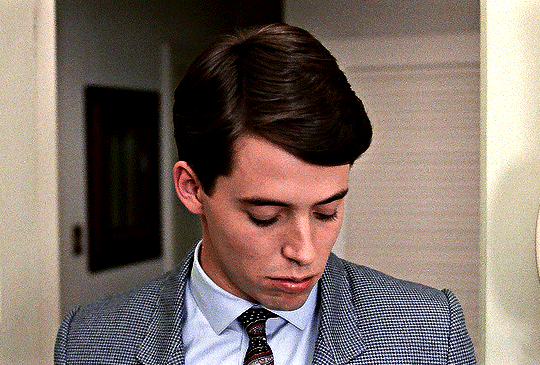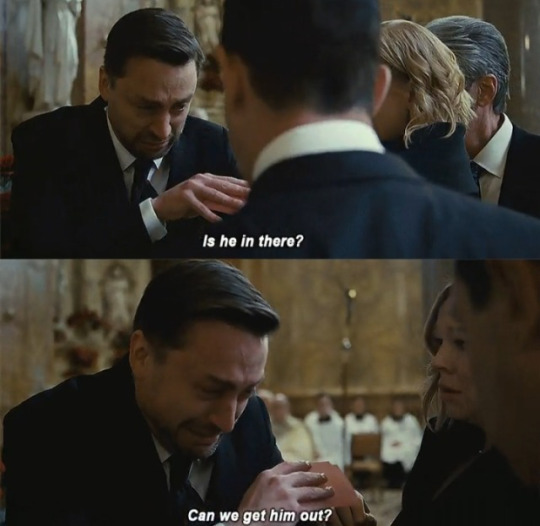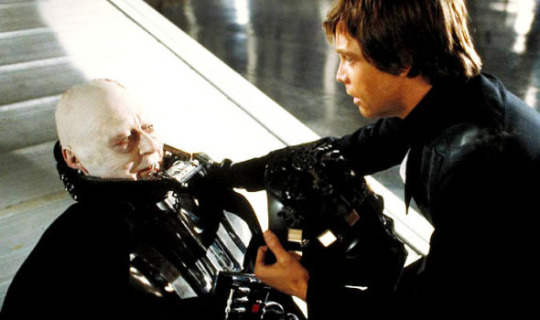Note
did you move already :(
lol yeas the rumors are true i am not here any more... if i followed you on this blog then i have recently followed you from a new blog and if i did not follow you on this blog then.. catch me if you can 👍
and it's not because i'm trying to be purposely coy about this or whatever -- i just wanted to dramatically reduce my follower count and the easiest way to do that is by not giving out my new address to the general public. hope you can understand !
26 notes
·
View notes
Photo
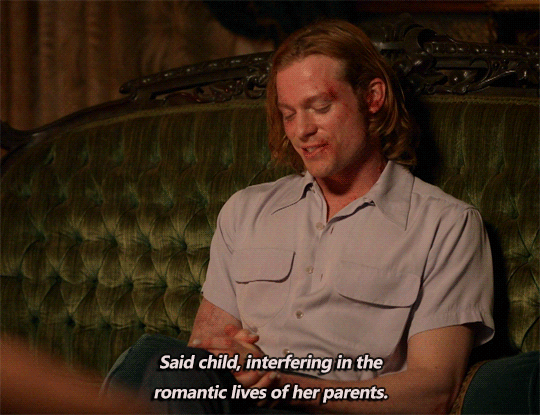
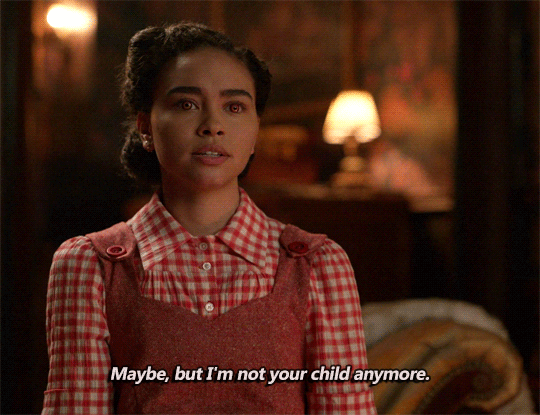



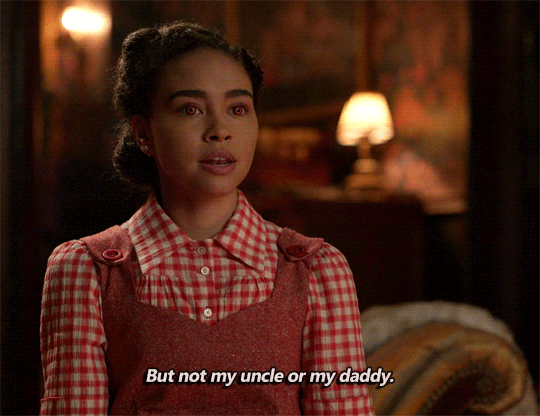


Rule number four. Kill Antoinette.
Interview with the Vampire | 1.06
1K notes
·
View notes
Photo
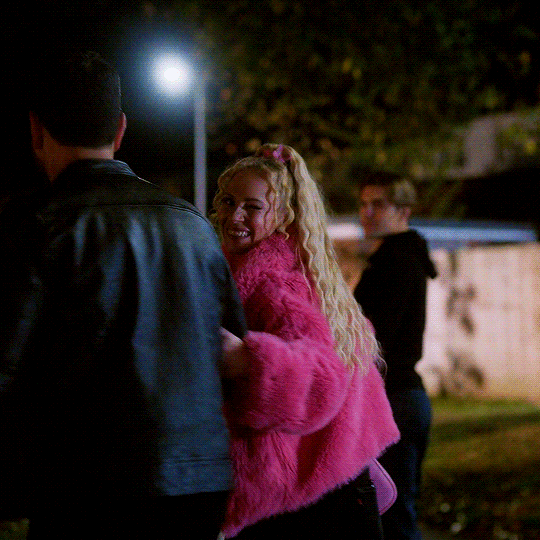
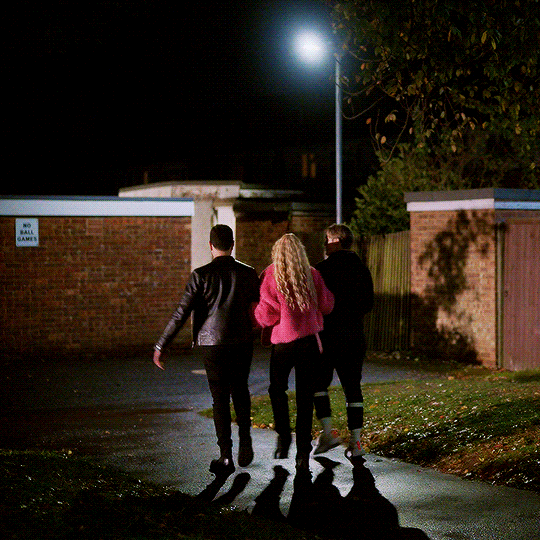
10K notes
·
View notes
Text
the real treasure was the friends we buried along the way
200 notes
·
View notes
Text

pillow. gouache watercolor painting on paper, 3x4 inches
7K notes
·
View notes
Photo
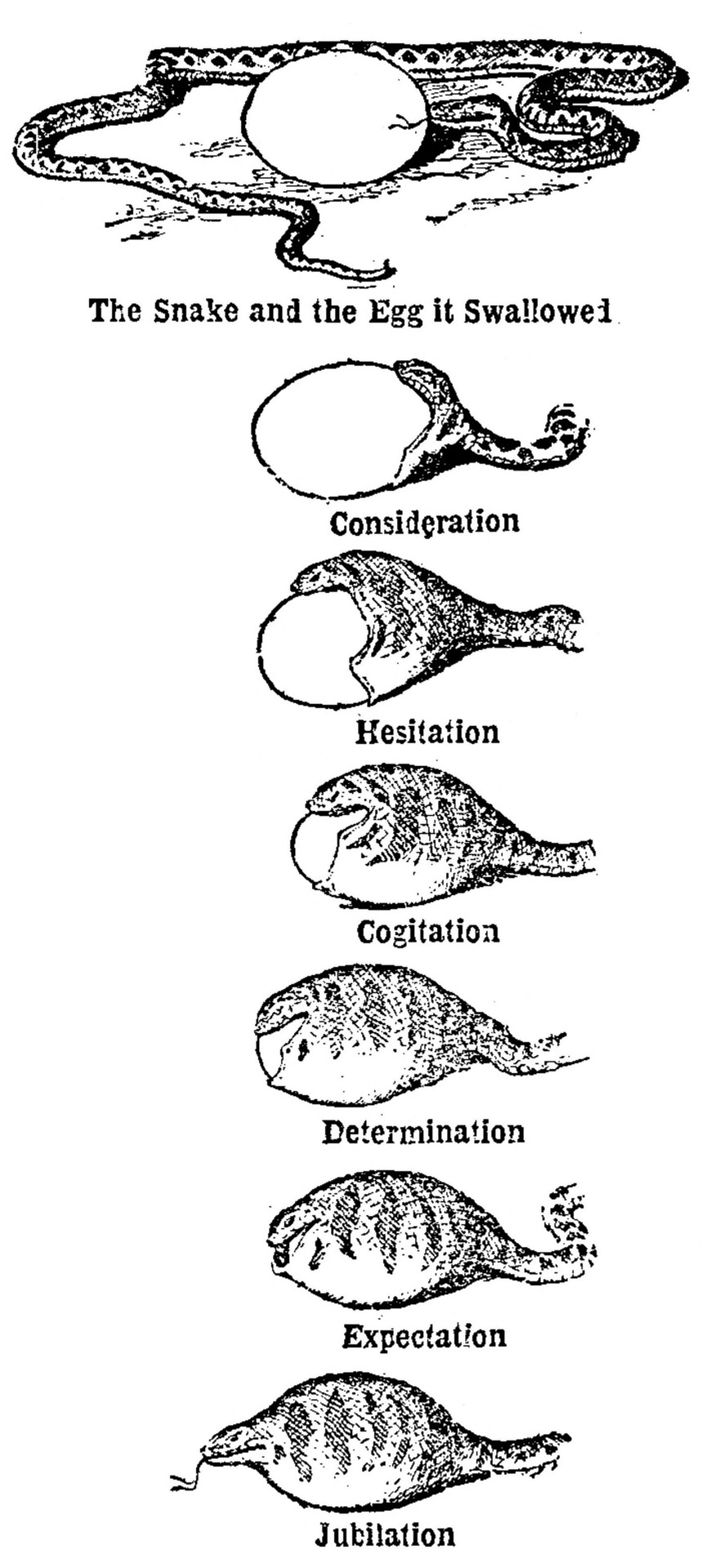
Source details and larger version.
See my collection of weird vintage eggs.
2K notes
·
View notes
Text
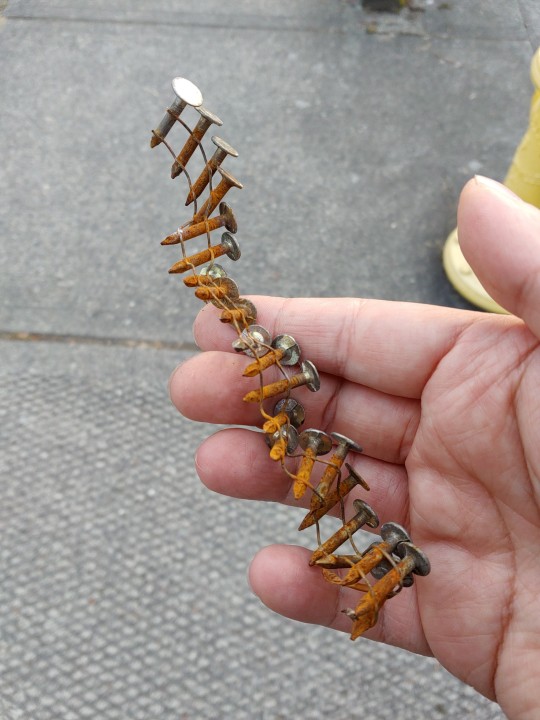
Found these nice rusty nailgun nails on the ground. Ladder for construction worker mice.
762 notes
·
View notes
Note
So I want to preface this with the fact that I’m being completely genuine here, there’s no gotcha, and that I’ve been an artist of some flavor basically my whole life but mostly I’m a writer of fiction. And. You have your against representation tag. And I’m coming around on the idea that Representation Doesn’t matter all that much, Actually, but jaws and birth of a nation and other works like them are still extant and have/had a measurable effect on our culture. So, that said, combined with that Kurt Vonnegut quote about the Vietnam War and the pie, is there any conclusion I can come to other than “art can’t help, it can only harm”? Is art at best irrelevant to societal struggles, and at worst, can only set us back?
help not birth of a nation AND kurt vonnegut!!
hashtag against representation is definitely not arguing that art is inherently either irrelevant or antithetical to social change; it is not even primarily making a claim about art so much as it is posting against a particular mode of critical reception which posits that art is only successful or acceptable insofar as it portrays a world which is either a mirror to ours and/or aspirational in some way. within this framework, art is pretty strictly utilitarian, and that only insofar as it manages to either reveal something already extant about our world or, more saliently, to set a moral example for how we ought to behave. i really disagree with the idea that art needs to accomplish either of those goals in order to adequately justify its existence, and i think that idea ends up retroactively making some claims about the relationship between art and life that i also disagree with.
namely, i would push back on the implicit claim that audiences can't be trusted with work that is dark or complex or portrays people behaving in ways that are unpalatable, that such work if left to proliferate unchecked would somehow exert nefarious influence over viewers or readers to the point of causing people to confuse depiction or exploration or critical inquiry for straightforward endorsement which of course they would be powerless to resist. idk it goes back to earlier posts about the idea that consuming #problematic media corrupts your soul and rubs off its problematicness on you whereas consuming moral media that has #positive representation conversely purifies you and serves as concrete evidence of your fundamentally good character. which in and of itself is just the latest iteration of the ever-recurring moral panic about the power of art to exert undue influence over us and bypass our ability to reason; see my pinned post for an example from an earlier historical period lol.
i think the vonnegut point you reference is helpful here insofar as he reminds us that while politically charged art can and does influence hearts and minds, it is also not a substitute for taking political action in other forms; representation paradigms and politics would have us conflate the two, such that just watching the right kinds of shows comes to stand in for being politically engaged. and while it may be meaningful or moving for people to see fictional worlds that are diverse along a variety of axes, i don't buy the idea that that automatically translates into structural change in the world we live in, where people can't afford rent or access healthcare or etc.
the point, at least as i see it, is that like. pushing for fictional diversity in and of itself is not going to save us; it blurs the lines between fiction and reality such that people begin to needlessly try and police or purify others' fiction consumption and production habits because they think it tells them something about those same people's political commitments, and imo is also often a drain on collective energy that could be more effectively deployed elsewhere. it's less that Representation Doesn't Matter and more that representation is literally just representation, no more and no less, and certainly not the lever by which we can most effectively bring about social change.
again that's not to say that art has no place in politics or political movements, but i think the relationship is much more complicated than make art where people are good to each other -> people will be good to each other in real life. and even if that WERE the case, it still wouldn’t obligate people to exclusively produce positive or progressive art.
85 notes
·
View notes
Text
As Pierre Bourdieu (1980) suggests, contemporary "bourgeois aesthetics" consistently values "detachment, disinterestedness, indifference" over the affective immediacy and proximity of the popular aesthetic (237-239). The popular, Bourdieu claims, is often characterized by the "desire to enter into the game, identifying with the characters' joys and sufferings, worrying about their fate, espousing their hopes and ideals, living their lives" (237-239). The "bourgeois" aesthetic Bourdieu identifies often distrusts strong feelings and fears the loss of rational control suggested by such intense and close engagement with the popular. Even when such critics accept some popular culture as worthy of serious attention, they typically read popular works as if they were materials of elite culture, introducing "a distance, a gap" between themselves and the text; the intellectual reader of popular texts focuses less on their emotional qualities or narrative interests than upon those aspects which "are only appreciated rationally through a comparison with other works," (upon evaluative notions of authorship, for example) [...] These viewers, Bourdieu suggests, consistently deny the pleasures of affective immediacy in favor of the insights gained by contemplative distance. Bourdieu is careful to specify the historical and social context where this ideal of distanced observation originated, though his followers have not always done so.
Since Brecht, this discomfort with proximity has assumed a specifically political dimension within ideological criticism: the native spectator, drawn too close to the text emotionally, loses the ability to resist or criticize its ideological construction; critical distance, conversely, bestows a certain degree of freedom from the ideological complicitness demanded by the text as a precondition for its enjoyment. Within this formulation, distance empowers, proximity dominates. Mary Anne Doane (1987) [...] argues that the female spectator is often represented as drawn so close to the text that she is unable to view it with critical distance and hence as less capable of resisting its meanings. Such identification, Doane suggests, cannot be "a mechanism by means of which mastery is assured," but rather "can only be seen as reinforcing her submission" to textual authority.
Textual Poachers: Television Fans and Participatory Culture (1992) by Henry Jenkins
#backreading nineties fandom/subcultural studies is like a treat 2 me :)#currently reading#reading practices
60 notes
·
View notes
Text

what’s more unsettling - a wolf crying “a tear the size of a baseball” or edward calling jacob “son” ??
the answer is both. smeyer what the actual fuck
2K notes
·
View notes
Text
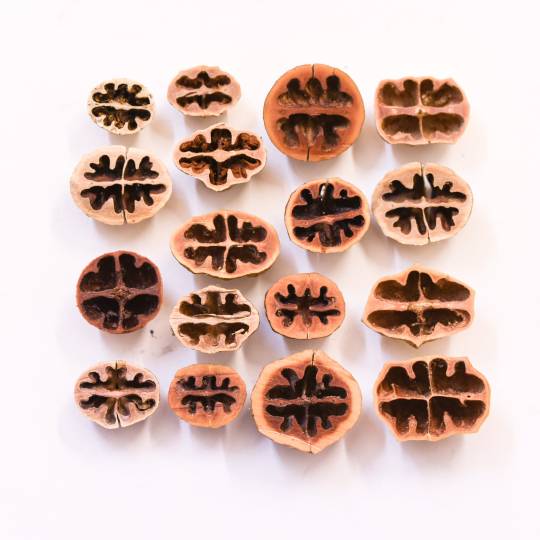

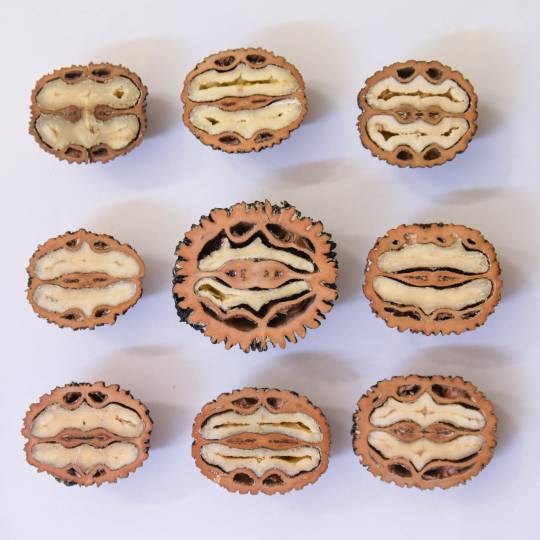
Flat-Lays of Halved Walnuts and Other Shells Study the Diversity of the Botanical Fruits
11K notes
·
View notes
